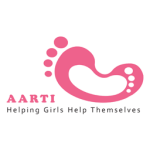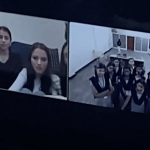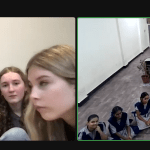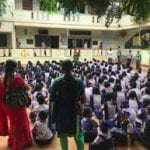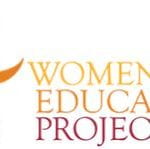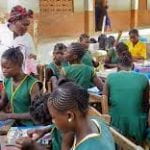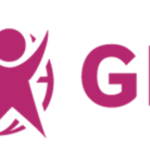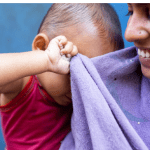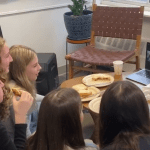
On the morning of February 28th we zoomed with the student at Aarti Home in Andhra Pradesh, India. We had started planning this zoom a few weeks earlier while talking to Zoe Timms. She prepared us by telling us questions to ask and what we should wear for example we had to wear long sleeves and clothes to cover our chests, she also suggested we wear nice jewelry. We started the meeting off by introducing ourselves, the girls were very excited to talk to us and we were eager to talk to them. They decided to make dosa which is a popular South Indian food made with fermented batter from black lentils and rice. It was very interesting to see them make this meal for us. We then showed them how to make a peanut butter and jelly sandwich. After we had finished eating we started to talk to the girls, they asked us many questions like our hobbies. When we expressed that we liked dancing they jumped up and decided to show us their dance, we were very impressed. They then asked if we had any dances to show them, the only thing we could think of was the Macarena.
We continued talking for quite a while and we learned a lot about the girls and vice versa. This experience was really eye opening and inspiring to me, I learned how many things we have in common even though they live in a completely different area and situation than me. It was also so interesting learning about their aspirations like how they wanted to become engineers, doctors and artists.
